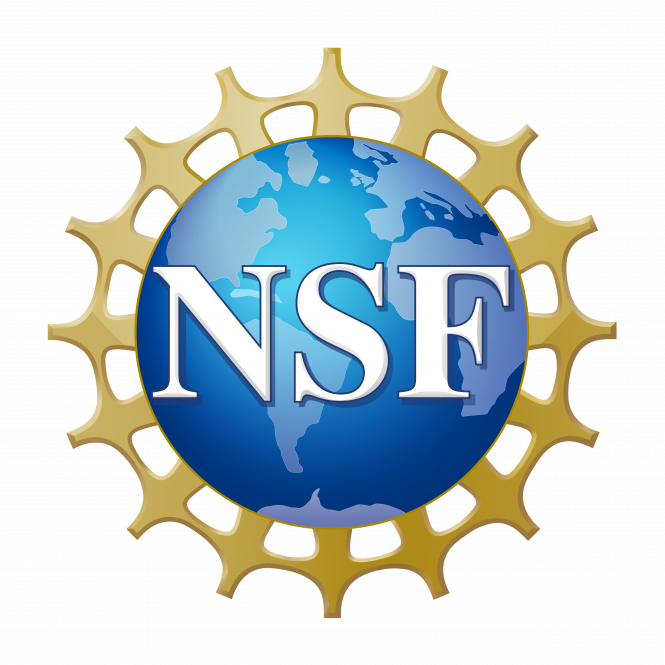The School of Engineering will receive nearly $600,000 for an innovative scholarship program targeting students from the Connecticut Technical High School System (CTHSS). The five-year project will fund an estimated 20 scholarships of $6,500 each for students from economically disadvantaged families, with a particular focus on students who will be the first in their families to attend college and who are interested in careers in energy engineering.
 The award will be made through the National Science Foundation’s S-STEM (Scholarships in Science, Technology, Engineering, and Mathematics) program. The project team includes Vice Provost Douglas J. Cooper (principal investigator), Dean of Engineering Mun Choi, Associate Dean for Research & Strategic Initiatives Kazem Kazerounian, Assistant Dean for Undergraduate Education & Diversity Marty Wood — all from engineering — and assistant professor Megan Welsh of the Neag School of Education, an educational psychologist who will evaluate and assess the program.
The award will be made through the National Science Foundation’s S-STEM (Scholarships in Science, Technology, Engineering, and Mathematics) program. The project team includes Vice Provost Douglas J. Cooper (principal investigator), Dean of Engineering Mun Choi, Associate Dean for Research & Strategic Initiatives Kazem Kazerounian, Assistant Dean for Undergraduate Education & Diversity Marty Wood — all from engineering — and assistant professor Megan Welsh of the Neag School of Education, an educational psychologist who will evaluate and assess the program.
To assist their transition to the rigorous engineering curriculum, the scholars will receive targeted preparatory coursework, dedicated mentorship, a free netbook or laptop, free tutoring and academic advising, and other assistance aimed at ensuring academic success. An important element of the Scholars program will be thoughtful mentorship by engineering faculty and graduate students within whose laboratories the Scholars will conduct energy-related research during their undergraduate years.
Dr. Cooper commented “Vocational high schools offer a novel pipeline for enriching the engineering workforce with a non-traditional, technically adept, diverse population.” In Connecticut, there are 16 degree granting high schools and one technical education center serving nearly 10,000 high school students.
Dubbed the First in Family Energy (FIFE) Scholars program, the scholarship program integrates targeted recruiting, immersive pre-freshman year preparation, mentorship and advising, tutoring, scholarly research, dedicated enrichment and community building activities, and internship/coop and job placement assistance.
American ingenuity and technological leadership depend upon increasing the supply of highly skilled, agile engineers, scientists and knowledge workers. Through the FIFE program, the investigators intend to explore the academic readiness of tech school graduates to engage in four-year engineering degree programs; to inspire and motivate FIFE Scholar families, tech school students and teachers; and to demonstrate the effectiveness of small-cohort community enrichment programs in increasing student retention rates through successful graduation.
The FIFE Scholar program will dovetail with another recently funded NSF project, a $2.7 million program that will enfold UConn graduate and undergraduate students, and technical high school students and their teachers in cross-cutting sustainable engineering research. The earlier project, funded under NSF’s GK-12 program, focuses on providing graduate students unique learning opportunities that will broadly prepare them for professional and scientific careers in the 21st century. Up to 10 graduate students each year will interact closely with secondary-school teachers and students to infuse the curriculum with engineering concepts and ingenuity-stimulating exercises aimed at fostering greater interest in, and readiness for, careers in so-called STEM (science, technology, engineering and mathematics) areas.



